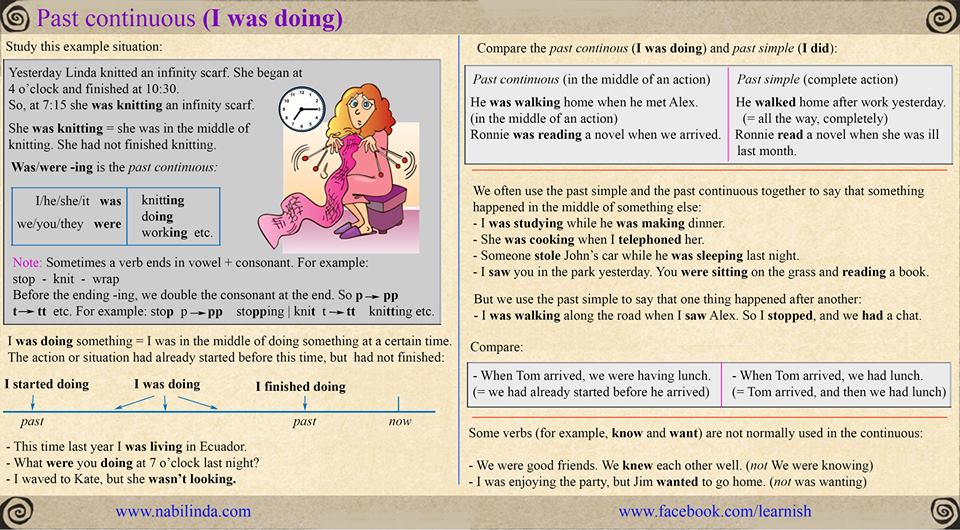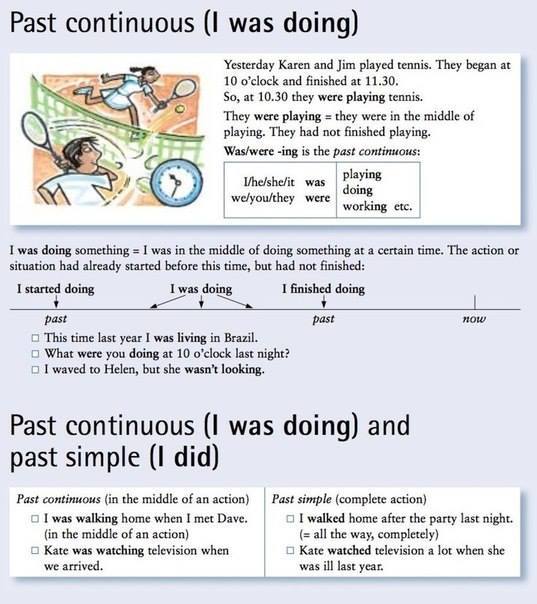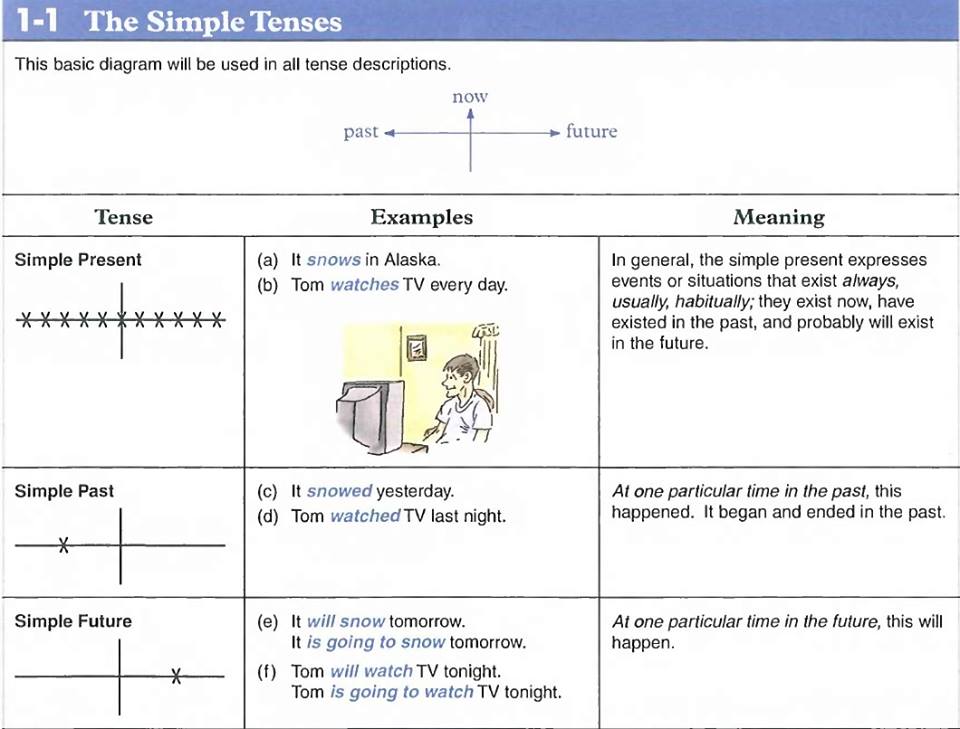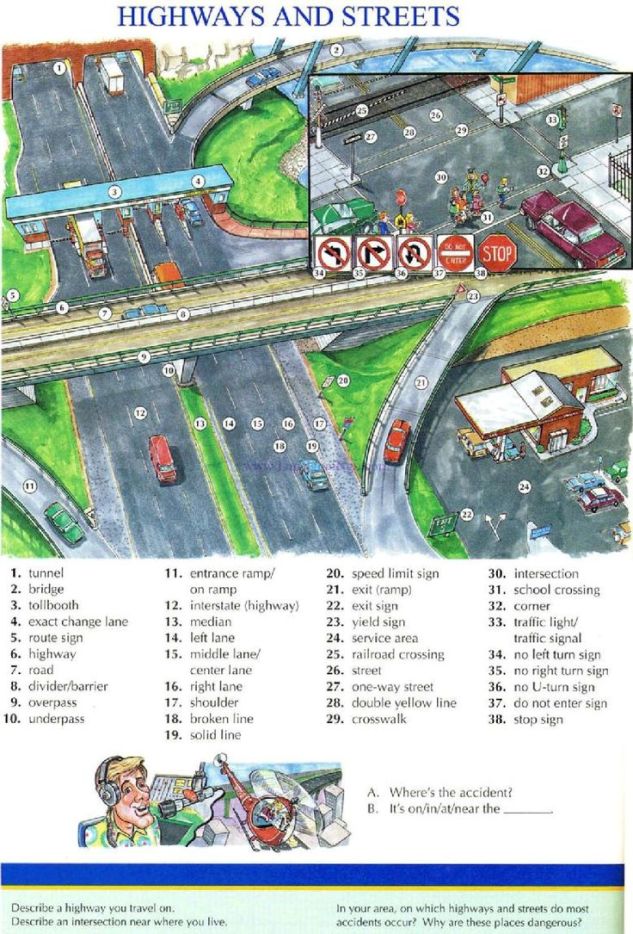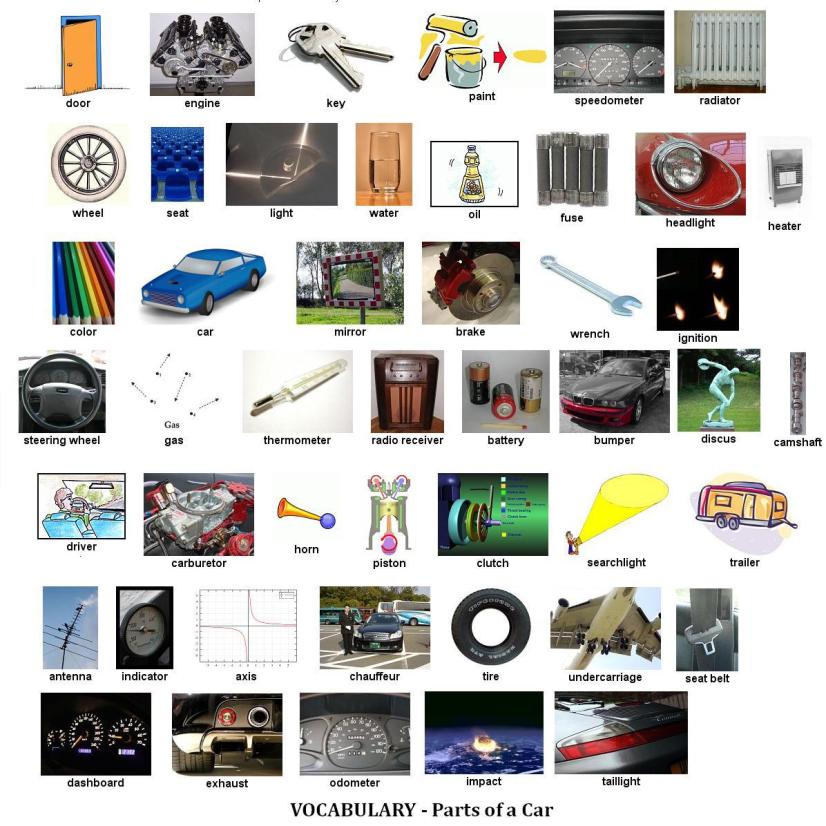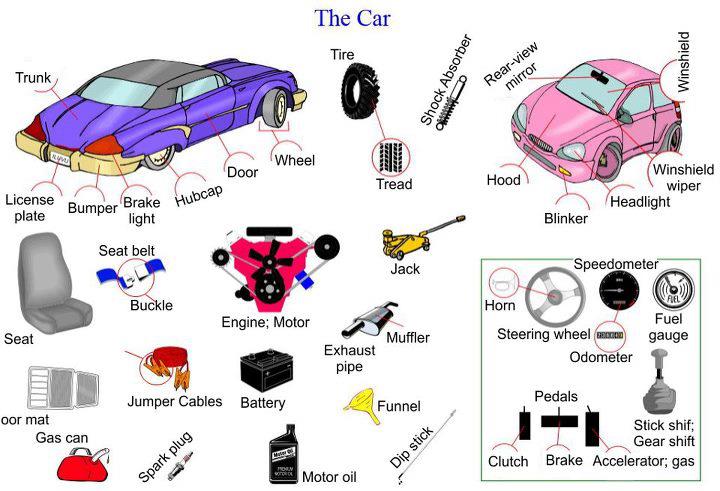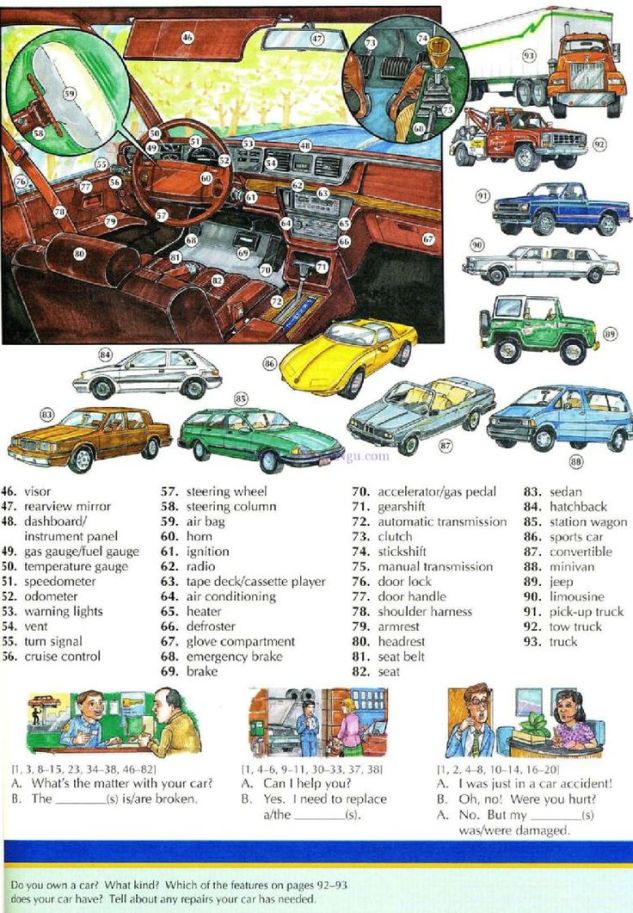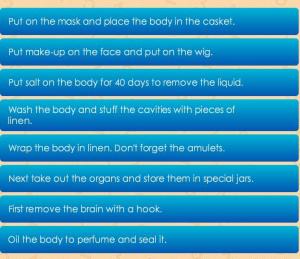Publicado por
learningenglishatduquesdenajera ,
Etiquetas:
1º ESO
,
Present Progressive
,
Simple present
,
Tense
,
Topic 4
,
 |
| image |
Algunos necesitáis aclarar la diferencia que hay en utilizar el presente simple y el presente continuo. Este video puede ayudaros.
Have a nice weekend.
Publicado por
learningenglishatduquesdenajera ,
Etiquetas:
1º ESO
,
2º ESO
,
Christmas
,
Christmas Carols
,
Festivals
,
Publicado por
learningenglishatduquesdenajera ,
Etiquetas:
Christmas Carols
,
Festivals
,
A wonderful Christmas story about Bear and his friend Hare, and a beautiful song, too.
Una preciosa historia de Navidad de Oso y su amigo Liebre, y una preciosa canción también.
Somewhere only we know by Lily Allen
(Algún sitio que sólo nosotros conocemos)
I walked across an empty land.
I knew the pathway like the back of my hand.
I felt the earth beneath my feet,
Sat by the river and it made me complete.
Oh simple thing, where have you gone?
I’m getting tired and I need something to rely on.
I came across a fallen tree,
I felt the branches of it looking at me.
Is this the place we used to love?
Is this the place that I’ve been dreaming of?
Oh simple thing where have you gone?
I’m getting tired and I need something to rely on.
And if you have a minute, why don’t we go
Talk about it somewhere only we know?
This could be the end of everything.
So why don’t we go
Somewhere only we know?
,
Did you Know...?
 |
| image via |
Para empezar esta semana antes de Navidad, aquí van unos datos que, apuesto, no conocíais. Por lo menos yo algunos, no.
Publicado por
learningenglishatduquesdenajera ,
Etiquetas:
1º ESO
,
2º ESO
,
Christmas
,
Christmas Carols
,
Festivals
,
 I wish you all nice holidays. Here is the only Christmas song that has managed to hit #1 on the pop charts (in 1958): The Chipmunk Song (Christmas Don't Be Late)
I wish you all nice holidays. Here is the only Christmas song that has managed to hit #1 on the pop charts (in 1958): The Chipmunk Song (Christmas Don't Be Late)
Para todos felices vacaciones. Os dejo con la única canción de Navidad que haya alcanzado el número uno en la lista de ventas (en 1958): "La canción de las Ardillas (No tardes Navidad)".
Lyrics
— All right you Chipmunks, ready to sing your song?
— I'll say we are, yeah Let's sing it now.
— Okay, Simon?
— Okay.
— Okay, Theodore?
— Okay.
— Okay, Alvin? Alvin? Alvin!
— Okay!
Christmas, Christmas time is near.
Time for toys and time for cheer.
We've been good but we can't last,
Hurry Christmas, hurry fast.
Want a plane that loops the loop,
Me, I want a hula hoop.
We can hardly stand the wait.
Please Christmas, don't be late.
— Okay fellas, get ready. That was very good, Simon.
— Naturally.
— Very good Theodore.
— Ah, Alvin, you were a little flat, watch it. Ah, Alvin, Alvin!
— Okay!
Want a plane that loops the loop.
I still want a hula hoop.
We can hardly stand the wait,
Please Christmas, don't be late.
We can hardly stand the wait,
Please Christmas, don't be late
— Very good, boys
— Let's sing it again, yeah, lets sing it again.
— No, That's enough, lets not overdo it
— What do you mean overdo it?
— We want to sing it agai.
— Now wait a minute, boys.
— Why can't we sing it again?
— Alvin, cut that ou. Theodore, just a minute. Simon will you cut that out, boys!
Merry Christmas Everybody!
Publicado por
learningenglishatduquesdenajera ,
Etiquetas:
2º ESO
,
Grammar
,
Past continuous
,
Tense
,
Unit 4
,
Publicado por
learningenglishatduquesdenajera ,
Etiquetas:
1º ESO
,
Directions
,
Topic 4
,
Vocabulary
,
Click on the photo.

http://www.engvid.com/how-to-give-directions-in-english/ (do the test after watching the video)
Publicado por
learningenglishatduquesdenajera ,
Etiquetas:
Concurso
,
Desde aquí quiero dar la Enhorabuena a los alumnos ganadores del concurso :
Ama en Igualdad. Di no a la violencia de Género,
Clase 2º A: grupo de alumnos compuesto por Candela Barrio, Natalia Bella y Mario Gil, que han obtenido el segundo premio con los vídeos incrustados en códigos QR del cartel:
Enhorabuena a todos los que han participado, el tema lo merece. Seremos un grano de arena dentro de la lucha contra el maltrato, pero así se empieza. Gracias a todos por participar.
Vuestra tutora: Ana
,
Who was Andersen? And Cleopatra? This is the starting point of our Project “People from the past”.
Students (2 ESO level) will investigate about people from the past and then, they will have to do a
brief summary of their lives. Why were they important for? What did they do? It deals with the
grammar (past simple) they are learning about.
Students (2 ESO level) will investigate about people from the past and then, they will have to do a
brief summary of their lives. Why were they important for? What did they do? It deals with the
grammar (past simple) they are learning about.
They can use the following links for the research:
I will upload some photos of the best works. Good luck students!!!! Regards,Ana
Publicado por
learningenglishatduquesdenajera ,
Etiquetas:
2º ESO
,
by Mireia Xortó
1. Where is Egypt?
2. What is the Nile Delta?
3. What Egyptian pharaoh died at Alexandria?
4. Which famous dam controls the flooding of the river Nile?
5. When was it built?
Learn about Ancient Egyptian Gods
6. Complete this table
7. How did the ancient Egyptians make mummies? Put the stages in the right order and find out.
Publicado por
learningenglishatduquesdenajera ,
Etiquetas:
1º ESO
,
2º ESO
,
Grammar
,
Linking words
,
Publicado por
learningenglishatduquesdenajera ,
Etiquetas:
1º ESO
,
2º ESO
,
Grammar
,
Linking words
,
1. INTRODUCCIÓN
Los conectores lingüísticos, también denominados palabras de transición, son conjunciones adverbiales que facilitan y apoyan el lenguaje hablado y escrito. Se utilizan para comenzar oraciones, conectar ideas o argumentos y concluir discursos. Por su importancia para mejorar nuestro inglés, a continuación veremos una lista de los conectores más importantes organizados por categorías. Espero que os resulte útil.
2. CONECTORES LINGÜÍSTICO EN INGLÉS POR CATEGORÍAS
2.1. Hablando sobre el presente, la actualidad
- Hoy en día: Nowadays
- Actualmente: Currently, at present, at the present time, now, these days, in this day and age
2.2. Hablando sobre el pasado
- Hace mucho tiempo: A long time ago
- En la antiguedad: In ancient times
- Hace poco tiempo: Not long ago
- En tiempos pasados: In former times
- Antiguamente: Formerly
- En los viejos tiempos: In the old days
2.3. Dando un ejemplo o una razón adicional
- Además: in addition, what’s more, besides, furthermore, moreover
- Además de esto: Besides this
- También: Also, besides
- Es más: Moreover
- Lo que es más: What’s more
2.4. Diciendo la verdad
- Para decir la verdad, para ser sincero: To tell the truth
- En realidad, a decir verdad: In fact
- Realmente, en realidad: Actually*
*NOTA: Actually no debe confundirse con “actualmente”. Para tal fin es más común utilizar los ejemplos del apartado 2.1.
2.5. Dando información en contra de las expectativas
- Sin embargo, no obstante: However, nevertheless, all the same, still
- Aún así: Even so
- A pesar de que, a pesar de todo: notwithstanding, all the same, still, regardless
2.6. Mostrando el lado positivo y negativo de un asunto
- Afortunadamente, por fortuna: Fortunately, happily
- Felizmente, alegremente: Happily
- Desafortunadamente, desgraciadamente: Unfortunately, sadly
- Tristemente: Sadly
2.7. Aportando similitudes y diferencias
- Igualmente: Likewise
- Del mismo modo: In the same way, similarly
- Por otra parte, por otro lado: On the other hand, in contrast
- De todos modos: Anyway
2.8. Declarando que algo es cierto o probablemente cierto
- Obviamente, evidentemente: Obviously
- Indudablemente: Undoubtedly
- Seguramente: Surely
- Verdaderamente, en realidad, en efecto: Indeed
- Claramente, aparenetemente, al parecer: Apparently
- Posiblemente: Possibly
2.9. Mostrando una conclusión, consecuencia o un resultado directo
- Por lo tanto, por consiguiente: Therefore
- Consecuentemente, por consiguiente: Consequently
- En consecuencia, así: Thus, as a result
,
 |
| image |
Original animated short movie by Vancouver Film School student Juba Polati: "Cursed". I love witnessing artists creating their work. It has taken more than eight months to complete something seemingly so simple.
Un original corto de animación de Juba Polati, alumno de la Escuela de Cine de Vancouver: "Maldito". Me encanta observar cómo trabaja un artista creando su obra: "Maldito". Se ha tardado más de ocho meses en crear algo aparentemente tan sencillo.
Un original corto de animación de Juba Polati, alumno de la Escuela de Cine de Vancouver: "Maldito". Me encanta observar cómo trabaja un artista creando su obra: "Maldito". Se ha tardado más de ocho meses en crear algo aparentemente tan sencillo.
Have anice weekend.
Feliz fin de semana.
Feliz fin de semana.
,
Como sabemos, el verbo HABER en inglés se formula utlilzando "THERE + BE" en donde BE se conjuga de acuerdo al contexto en diversas tiempos gramaticales. Es alli que podemos formar diversas estructuras como
- There is / are = hay
- There was / were = hubo
- There will be = habra
- There would be = habría
- There should be = debería haber
- There has been = ha habido
Son algunos ejemplos de como podemos usar el verbo haber en inglés. Lo menciono ya que muchos alumnos no tienen problemas en usar THERE IS y THERE ARE pero cuando tienen que usar el verbo haber en otros tiempos gramaticales no saben como.
Hoy quiero compartir una hoja de trabajo hecha por la página InglesParaEspañoles en donde enseñan como formas las diversas conjugaciones en inglés del verbo haber. El documento está en formato PDFlisto para descargar. El archivo está al final de esta entrada.
- There is / are = hay
- There was / were = hubo
- There will be = habra
- There would be = habría
- There should be = debería haber
- There has been = ha habido
Son algunos ejemplos de como podemos usar el verbo haber en inglés. Lo menciono ya que muchos alumnos no tienen problemas en usar THERE IS y THERE ARE pero cuando tienen que usar el verbo haber en otros tiempos gramaticales no saben como.
Hoy quiero compartir una hoja de trabajo hecha por la página InglesParaEspañoles en donde enseñan como formas las diversas conjugaciones en inglés del verbo haber. El documento está en formato PDFlisto para descargar. El archivo está al final de esta entrada.
- Si quieres una clase con audio explicando como usar there is y there are os recomiendo el siguiente vínculo (incluye clase escrita y con audio VINCULO AQUI)
ENLACE: El verbo haber en INGLES
http://www.inglesparaespanoles.com/wp-content/uploads/Lesson-7-There-is-There-are-There-was-There-were-There-will-be-etc..pdf
Publicado por
learningenglishatduquesdenajera ,
Etiquetas:
Vocabulary
,
Vocabulario en INGLES: las 300 palabras mas comunes
Muchos alumnos buscan la forma de aprender inglés de una manera rápida y no saben por donde empezar. Hay mucho vocabulario que aprender y lo que uno tiene que hacer es poner prioridades. Si bien es poco probable que uno sea fluido rapidamente debido a la inmensa cantidad de contextos y vocabulario al que uno puede ser expuesto en conversaciones, es posible estar preparados para expresarse de manera básica.
Las conversaciones cotidianas usan un vocabulario no tan complejo. Lo crucial es aprender este vocabulario. Hoy tenemos una lista de las 300 palabras más comunes en inglés que están ordenadas de acuerdo a su uso. Por ejemplo la palabra mas usada en inglés es "the" segun diversos estudios. Es una buena lista para empezar a aprender vocabulario.
Enlace: Los 300 palabras mas comunes en ingles
Muchos alumnos buscan la forma de aprender inglés de una manera rápida y no saben por donde empezar. Hay mucho vocabulario que aprender y lo que uno tiene que hacer es poner prioridades. Si bien es poco probable que uno sea fluido rapidamente debido a la inmensa cantidad de contextos y vocabulario al que uno puede ser expuesto en conversaciones, es posible estar preparados para expresarse de manera básica.
Las conversaciones cotidianas usan un vocabulario no tan complejo. Lo crucial es aprender este vocabulario. Hoy tenemos una lista de las 300 palabras más comunes en inglés que están ordenadas de acuerdo a su uso. Por ejemplo la palabra mas usada en inglés es "the" segun diversos estudios. Es una buena lista para empezar a aprender vocabulario.
Enlace: Los 300 palabras mas comunes en ingles
,
Ejercicios de pronombres "Subject and Object Pronouns"
En esta oportunidad Skillwise les trae un ejercicios de 3 partes de los pronombres de sujeto y objecto. Viene con respuestas al final de los ejercicios. Es un archivo PDF listo para descargar e imprimir.
Enlace:
En esta oportunidad Skillwise les trae un ejercicios de 3 partes de los pronombres de sujeto y objecto. Viene con respuestas al final de los ejercicios. Es un archivo PDF listo para descargar e imprimir.
Enlace:
Los Possessive Pronouns: mine, yours, his, hers, its, ours, yours, theirs
Estos pronombres muestran posesión y no se necesita mencionar el sustantivo sobre el cual están mostrando la posesión. Por ejemplo, si quieren mostrar que el lapiz es suyo simplemente dicen "That is mine" (Eso es mío). Por otro lado los possessive adjectives si necesitan nombran el sustantivo "That is my book" (Ese es my libro).
En esta oportunidad queremos compartir una hoja de ejercicios de los possessive pronouns. Ese "worksheet" viene con respuestas y está en formato PDF listo para descargar e imprimir. Simplemente vayan al vínculo al final de esta entrada. SI quieren una lección con audio gratis acerca de como usar los pronombres en inglés VAYAN A ESTE VINCULO.
Hoja de trabajo: Ejercicios de Possessive Pronouns con RESPUESTAS
Estos pronombres muestran posesión y no se necesita mencionar el sustantivo sobre el cual están mostrando la posesión. Por ejemplo, si quieren mostrar que el lapiz es suyo simplemente dicen "That is mine" (Eso es mío). Por otro lado los possessive adjectives si necesitan nombran el sustantivo "That is my book" (Ese es my libro).
En esta oportunidad queremos compartir una hoja de ejercicios de los possessive pronouns. Ese "worksheet" viene con respuestas y está en formato PDF listo para descargar e imprimir. Simplemente vayan al vínculo al final de esta entrada. SI quieren una lección con audio gratis acerca de como usar los pronombres en inglés VAYAN A ESTE VINCULO.
Hoja de trabajo: Ejercicios de Possessive Pronouns con RESPUESTAS
Suscribirse a:
Comentarios (Atom)

















